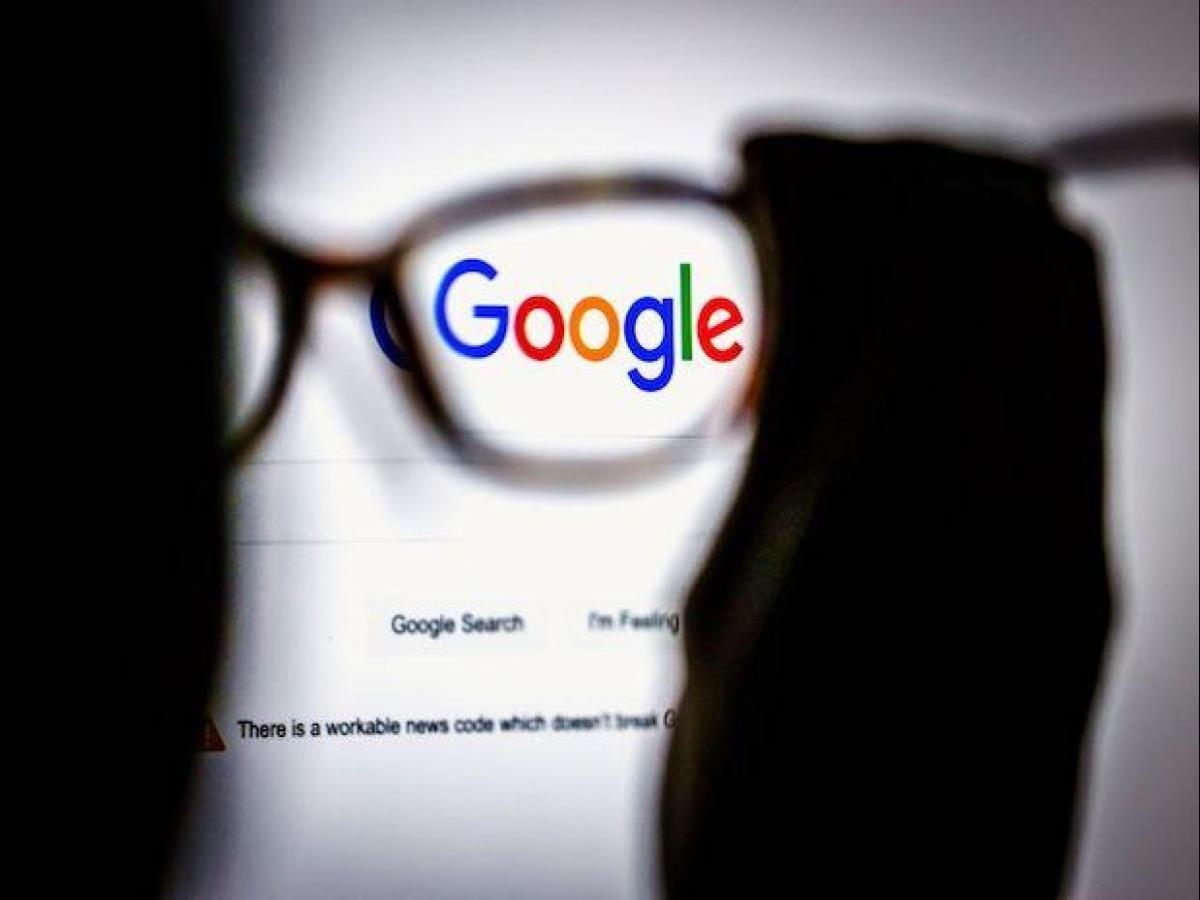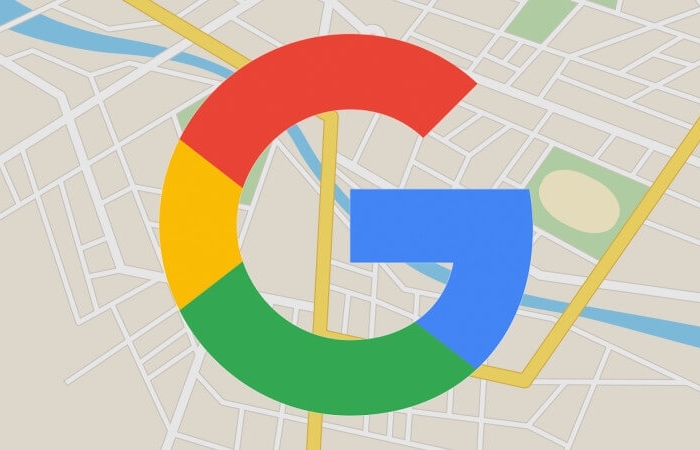Facts about Google Facing $5 billion Chrome Incognito mode lawsuit
 |
| Photo: Sada El balad Sada El balad |
Modern web browsers are embedded with a private browsing mode, such as Incognito mode in Chrome, that allows users to surf the internet without recording the browsing activity on their local device. And it promises that when those private windows are closed, no trace will be left on your smartphone or computer.
However, Google allegedly snooped on its Chrome users browsing the web in incognito mode. And there's a massive lawsuit aimed at making Google pay!
The lawsuit was filed last June
The complaint, which was filed last June, noted that Google carries out a pervasive data tracking business. It further noted that Google collects browsing history and other web activity data even after enabling the incognito private browsing mode on Google Chrome, according to India Today.
The lawsuit alleged that Google uses different systems, including Google Analytics, Google Ad Manager, website plug-ins, and other applications, including the mobile apps, to track users, according to Cnet. "Google knows who your friends are, what your hobbies are, what you like to eat, what movies you watch, where and when you like to shop, what your favorite vacation destinations are, what your favorite color is, and even the most intimate and potentially embarrassing things you browse on the internet -- regardless of whether you follow Google’s advice to keep your activities ‘private,’" the complaint notes,
"The court concludes that Google did not notify users that Google engages in the alleged data collection while the user is in private browsing mode," US District Judge Lucy Koh in San Jose, California, wrote in her ruling as cited by reports.
Google has however disputed the claims noting that it informs users beforehand about the tracking activity that may take place in incognito mode and that being incognito does not mean being invisible. The tech giant in its court ruling also noted that the user’s activity during that session may be visible to websites they visit, and any third-party analytics or ads services the visited websites use.
"Incognito mode in Chrome gives you the choice to browse the internet without your activity being saved to your browser or device. As we clearly state each time you open a new incognito tab, websites might be able to collect information about your browsing activity during your session," Google spokesperson Jose Castaneda noted in a statement to Bloomberg.
Anti-Google lawsuit moves ahead
 |
| Photo: Newshub |
On Friday, US District Judge Lucy Koh wrote in her ruling that the company “did not notify users that Google engages in the alleged data collection while the user is in private browsing mode.”
Meanwhile, Google argues it explicitly mentions that websites may still be able to collect information even when users are surfing via private browsing mode.
“Incognito mode in Chrome gives you the choice to browse the internet without your activity being saved to your browser or device. As we clearly state each time you open a new incognito tab, websites might be able to collect information about your browsing activity during your session,” the company said.
However, the plaintiffs have charged Google with giving users a false sense of belief that they can fend off the search giant from tracking their web browsing history and collecting their data online.
The lawsuit claims that Google intercepts users’ data via Google Analytics, Google Ad Manager and other applications and website plug-ins on mobile devices and websites.
“Google knows who your friends are, what your hobbies are, what you like to eat, what movies you watch, where and when you like to shop, what your favorite vacation destinations are, what your favorite color is, and even the most intimate and potentially embarrassing things you browse on the internet--regardless of whether you follow Google’s advice to keep your activities ‘private,’” according to the complaint.
Earlier in May 2020, Google was sued by the Arizona Attorney General for allegedly tracking Android users’ location without their consent and even when the location tracking features had been manually disabled, according to a Washington Post report.
| Earlier this month, Google said that it will phase out the third-party cookies and once that is done, it will not replace the cookies with any other tracking tech. The Chrome browser will prohibit the cookies from collecting that information. However, the change is only applicable on the web version of Chrome, Google will continue tracking users on the mobile version of the Chrome browser. |
|
So great, you will be able to draw missing roads on Google Maps or edit the wrong ones. Check out how this tool works? |
|
Last week, the new Google phone was rumored to come in June, with all signs pointing to a Pixel 5a launch! Today, the date seems ... |
|
Additional amendments to News Media and Digital Platforms Mandatory Bargaining Code have been released on February 25, 2021. Check the information below for more details ... |




























